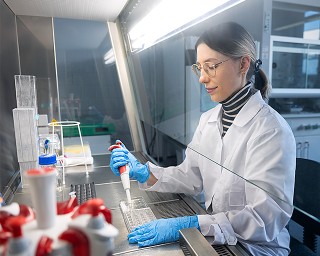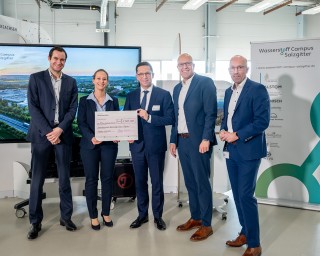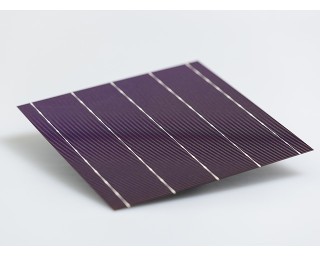
Through its expertise, the Fraunhofer Institute for Surface Engineering and Thin Films IST has provided a significant contribution towards the successful revision and publication of the international standard ISO 10678. The standard regulates the procedure for determining the photocatalytic activity of surfaces by means of the degradation of methylene blue under UV irradiation. It enables an objective assessment of the self-cleaning properties of surfaces and provides manufacturers of coated materials with a reliable basis for product certification.
more info








